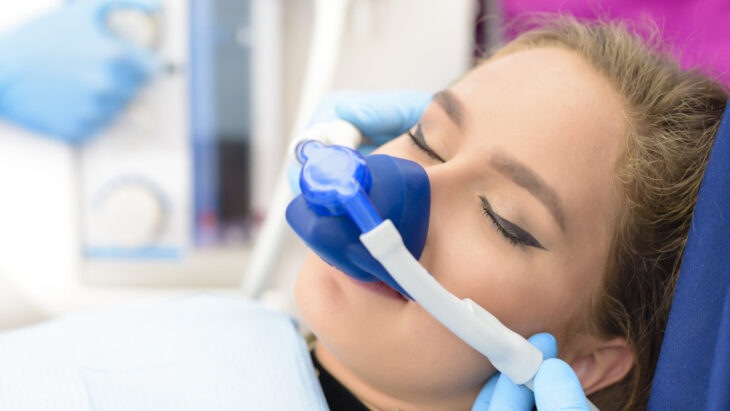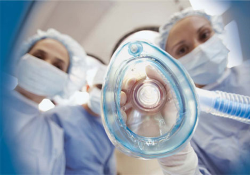What Happens During Rapid Detox?

Rapid detox is the process of placing someone under anesthesia, then giving them opioid reversal medicines to quickly induce the detox process.
This is one way to detox from drugs quickly, but this procedure only helps the physical factors of addiction. It does not address the psychological issues that caused the person to use drugs in the first place. It also does not break the psychological addiction that the drug might have over them.
Let’s take a closer look at how the rapid detox process works and what to expect.
Contact Detox.com now to find rapid detox centers near you!
Medical Staff
Rapid detox is a medical procedure, and it should always be performed in a hospital setting with fully qualified staff.
Staff members should include:
- Anesthesiologist
- Medical doctor certified in rapid detox
- Intensive Care Unit Nurse or nursing staff
- Patient or telemetry monitor
Each of these staff members plays an important role in ensuring the detox process is safe, secure, and comfortable.
Anesthesia

Anesthesia is risky and potentially dangerous under any circumstances. You should be evaluated by a medical doctor before undergoing any procedure where anesthesia is involved. During rapid detox, you will be under anesthesia for four to eight hours.
Detox
While you are under anesthesia, the doctor and nurses administer doses of drugs similar to Narcan and naloxone to flush the opiates from your system. They also use blends of anti-anxiety and anti-seizure drugs to prevent adverse reactions from developing.
Waking Up
When the process is finished, the medical staff will carefully bring you out of anesthesia. They’ll monitor your heart rate, respiratory rate, and other conditions as you wake up. They also monitor you for withdrawal symptoms. Some breakthrough withdrawal symptoms can occur if the drug doesn’t clear your system completely.
Rapid Detox Controversy
There is a lot of controversy surrounding rapid detox services. Some of these controversies center on the following topics:
- Nunber of medical personel present: A single doctor should monitor a single client at a time. If they monitor more than one client simultaneously, the situation becomes dangerous if something goes wrong. Many disreputable centers have multiple clients per doctor or staff.
- Efficacy: Rapid detox isn’t a failsafe method and doesn’t always work for everyone. It is not considered an effective treatment for many people.
- Bodily strain: The strain that it puts the body under is dangerous, especially if the client is unhealthy to begin with.
One of the main controversies surrounding rapid detox is the fact that not all of the withdrawal symptoms are gone, even when the process is complete.
It has an extremely high relapse rate unless it is followed up by proper counseling and treatment. Many people do not recover completely after rapid detox and wind up either in treatment again or having to go through the rapid detox procedure again.
Where to Find Information about Rapid Detox
To find out more information on rapid detox, call 800-996-6135 today. We can answer any questions you might have and help you find the detox center for you. Remember that to be effective, detox should be integrated into a more comprehensive treatment plan that also includes inpatient or outpatient treatment and aftercare.

